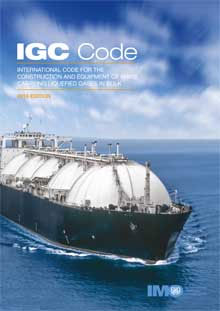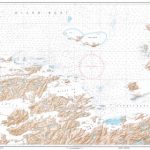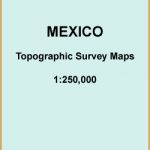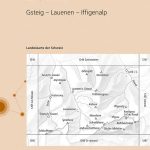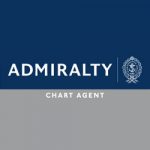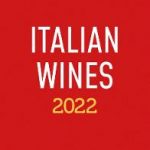Category Archives: Travel Guides
Pocket Guide to Recovery Techniques, 2014 Edition
Port Facility Security Officer, 2015 Edition – IMO Model Course

This model course aims to assist instructors in the design and delivery of Port Facility Security officer (PFSO) training courses by:- Linking the knowledge required to competently perform the duties and responsibilities of a PFSO, as identified in MSC.1/Circ.1188, Guidelines on Training and Certification for Port Facility Security Officers (22 May 2006), to the relevant
FSS Code – International Code for Fire Safety Systems: 2015 Edition

The purpose of this Code is to provide international standards of specific engineering specifications for fire safety systems required by chapter II -2 of the International Convention for the Safety of Life at Sea (SOLAS), 1974, as amended. This edition also includes IMO resolutions and circulars relevant to the Code. This publication assists shipowners, operators,
Resolutions and other Decisions of the Assembly, 29th Session 2015 (Resolutions 1093-1109)

29th Session 2015 (Res. 1093 – 1109)The 29th session of the IMO Assembly took place at the Headquarters of the Organization from 23 November to 2 December 2015. This publication contains, amongst others, resolutions pertaining to:- Principles to be considered when drafting IMO Instruments- Survey Guidelines under the Harmonized System of Survey and Certification (HSCC),
Cape Town Agreement of 2012, 2018 edition

The Cape Town Agreement of 2012 on the Implementation of the Provisions of the Torremolinos Protocol of 1993 relating to the Torremolinos International Convention for the Safety of Fishing Vessels, 1977 (the Agreement) was adopted by the International Conference on the Safety of Fishing Vessels, held from 9 to 11 October 2012 in Cape Town,
London Convention & London Protocol, 2016 Edition

This publication contains the full text of the Convention on the prevention of marine pollution by dumping of wastes and other matter at sea, 1972 (London Convention) and the 1996 Protocol (London Protocol), as amended. The following related resources are also included:- A list of resolutions adopted under the two treaties;- Prospective amendments to the
Basic Training for Liquefied Gas Tanker Cargo Operations, 2014 Edition – IMO Model Course

This course provides training for officers and ratings. It comprises a basic training programme appropriate to their duties for liquefied gas tanker safety, fire safety measures and cargo systems, pollution prevention, safe operational practice and obligations under applicable laws and regulations. The course takes full account of section A-V/1-2 of the STCW Code adopted by
Safety Investigation Into Marine Casualties and Marine Incidents, 2014 Edition – IMO Model Course

The course is essentially balanced between theory (lecture material) and practical group exercises and case studies. It consists of a series of exercises structured around the requirements of the international legislation, IMO conventions and instruments, and the required common and homogeneous approach, application of consistent methodology and no blame culture to adopt in the conduct
Dangerous, Hazardous & Harmful Cargoes, 2014 Edition – IMO Model Course
Restricted operator`s certificate for GMDSS, 2015 Edition – IMO Model Course

This cours covers the training recommendations in annex 3 to the IMO Assembly resolution A.703(17) – Recommendation on Training of Radio Operators related to the Restricted Operators related to the Restricted Operator`s Certificate (ROC). The course is revised to meet the relevant regulations of the STCW Code and the 2012 Radio Regulations of the International
Waste Assessment Guidelines under the London Convention, 2014

This publication presents guidance documents adopted by the Consultative Meetings of the London Convention and its 1996 Protocol. These include generic waste assessment guidelines, as well as specific guidelines for the waste assessment of the following:- dredged material;- sewage sludge;- fish waste;- vessels;- platforms and structures;- inert, inorganic geological material;- organic material of natural origin;-
STCW – International Convention on Standards of Traning, Certification and Watchkeeping for Seafarers (2017 ed.)

The International Convention on Standards of Training, Certification and Watchkeeping for Seafarers, 1978 (STCW Convention), aims to promote safety of life and property at sea and protection of the marine environment by establishing international standards of training, certification and watchkeeping for seafarers.This publication contains the Final Act of the 2010 Conference of Parties to the
Manual on Chemical Pollution (Section 3 – Legal and Administrative Aspects of HNS Incidents), 2015 Edition

The manual aims to provide the reader, in particular on-scene commanders, response personnel, government entities and others involved in the management and/or response to pollution incidents involving Hazardous and Noxious Substance (HNS), with a description of the various interests involved in an HNS incident and its aftermath.
IMO In-situ Burning Guidelines, 2017 Edition
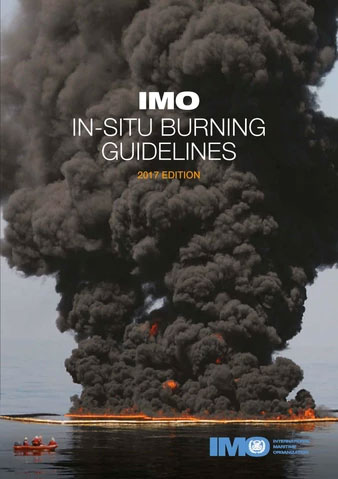
These guidelines provide critical information and recommendations for the use of in-situ burning (ISB) n open water in the offshore environment generally kilometres from land and in ice-covered waters. These guidelines will allow the response community to nderstand and take full advantage of ISB technology as another tool for improved spill response.
Use of Sorbents for Spill Response, 2016 Edition

This guide aims to provide practical guidance to operators that may consider the use of sorbents as part of response operations to accidental oil or chemical pollution. Subjects covered in the guide include sorbent types, specifications, particularities, regulations, deployment techniques, waste disposal and precautions of use.
Advanced Training for Oil Tanker Cargo Operations, 2015 Edition – IMO Model Course

This course provides training to candidates to meet the requirements of Section A V/1 1 para. 2 of the STCW Code with specific duties for loading, unloading and care in transit or handling of oil cargoes. It comprises an advanced training programme appropriate to their duties, including oil tanker safety, fire safety measures, pollution prevention,
Maritime English, 2015 Edition – IMO Model Course

There are two sections in the revised IMO model course on Maritime English:- Core section 1: General Maritime English (GME), and- Core section 2: Specialized Maritime English (SME), both of which contain a number of detailed teaching syllabi.GME means that the first stage of Maritime English instruction could be general. SME means that the second
Manual on Maritime Safety Information (MSI Manual), 2015 Edition
IMO Polar Code
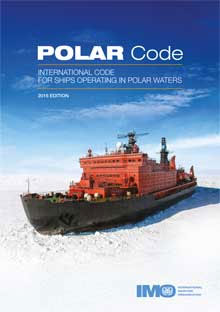
The International Code for Ships Operating in Polar Waters has been developed to supplement existing IMO instruments in order to increase the safety of ships` operation and mitigate the impact on the people and environment in the remote, vulnerable and potentially harsh polar waters.The Code acknowledges that polar water operation may impose additional demands on










